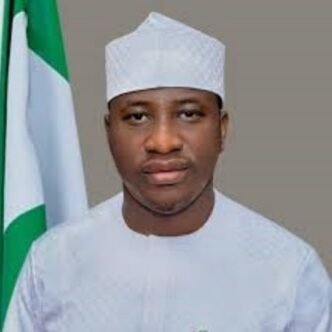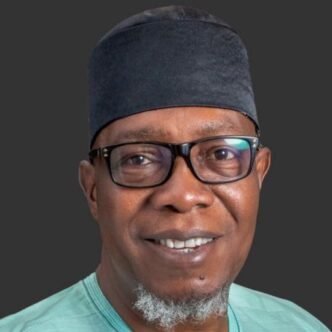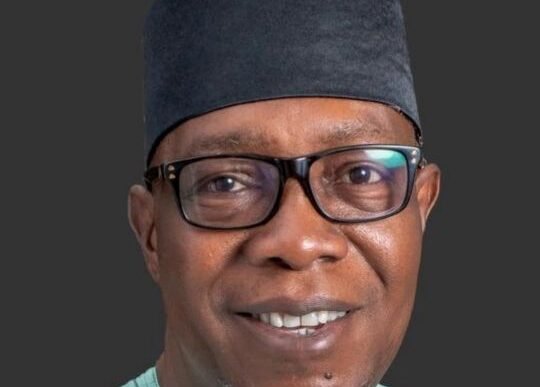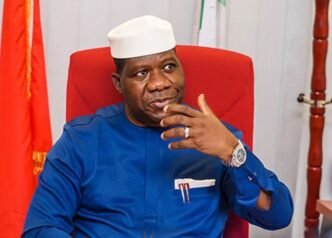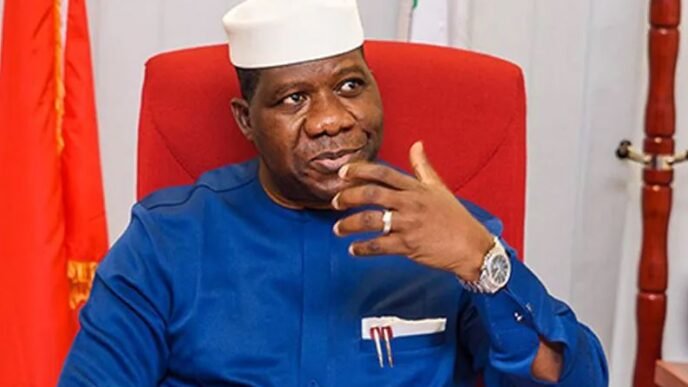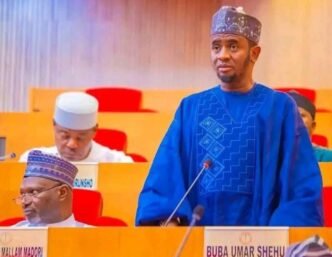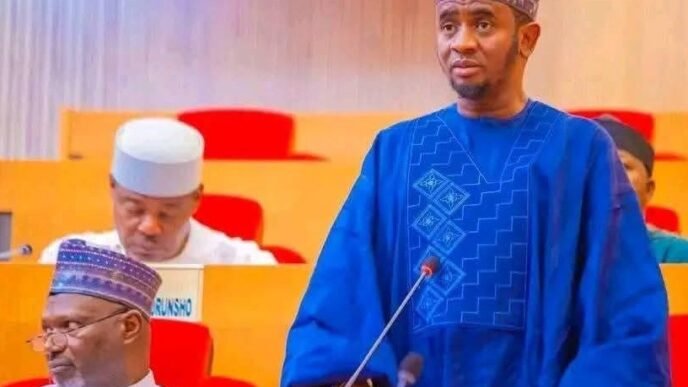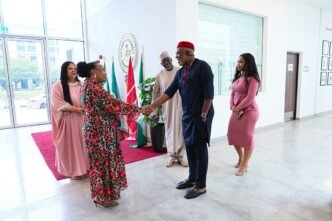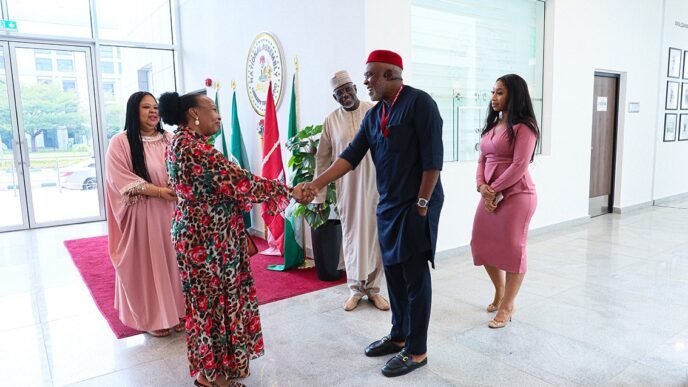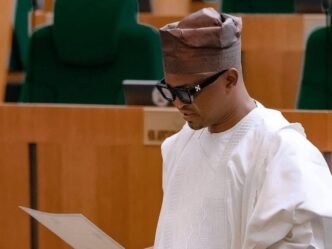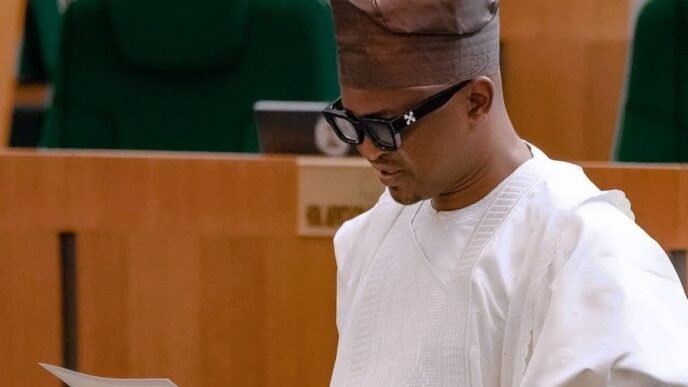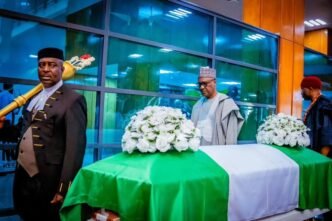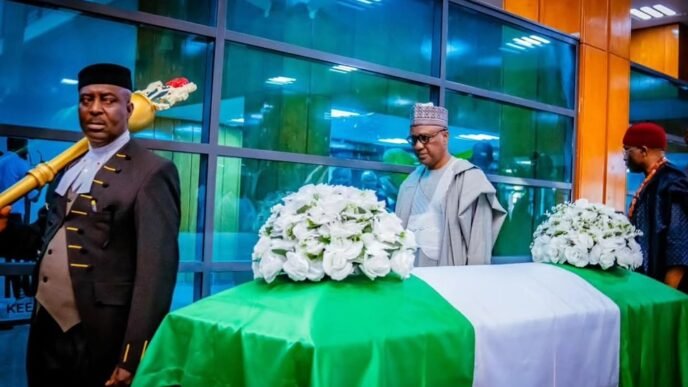Bill Sponsor: Hon. Ifeoluwa Ehindero. Bill Progress: First Reading.
The Constitution of the Federal Republic of Nigeria 1999 (Sixth Alteration) (Creation of Ose State) Bill, 2025 (HB. 2448) has been introduced in the Nigerian House of Representatives, aiming to amend the Constitution to establish a new state named Ose State.
The proposal seeks to carve out Ose State from the Ondo North Senatorial District of Ondo State, with Ikare-Akoko proposed as its capital. However, the initiative has sparked controversy among stakeholders from the Owo and Ose Local Government Areas. Opponents of the bill argue that the capital should be Owo, previously the administrative headquarters of the Owo Division, rather than Ikare-Akoko. This contention highlights the ongoing debate over regional identity and governance within Ondo State.
Creating a new state in Nigeria involves meeting specific constitutional requirements, and the Ose State proposal is no exception. As a constitutional alteration bill, it must navigate a rigorous legislative process that entails several critical steps. First, it requires a resolution passed by a two-thirds majority of members in both the Senate and the House of Representatives. Following this, the proposal must be approved in a referendum, garnering a two-thirds majority of the local populace advocating for the new state.
Additionally, support for the bill is needed from a simple majority of all the states in the Federation, along with a simple majority from their respective Houses of Assembly. Finally, the bill must receive ultimate approval through a resolution passed by a two-thirds majority of members in each House of the National Assembly.
As the legislative process unfolds, the future of the Ose State proposal remains uncertain. With strong local opinions and the intricate requirements for state creation, the coming months will be pivotal in determining whether the vision for Ose State becomes a reality. This development reflects ongoing discussions about the importance of administrative divisions and representation in Nigeria’s governance landscape.
